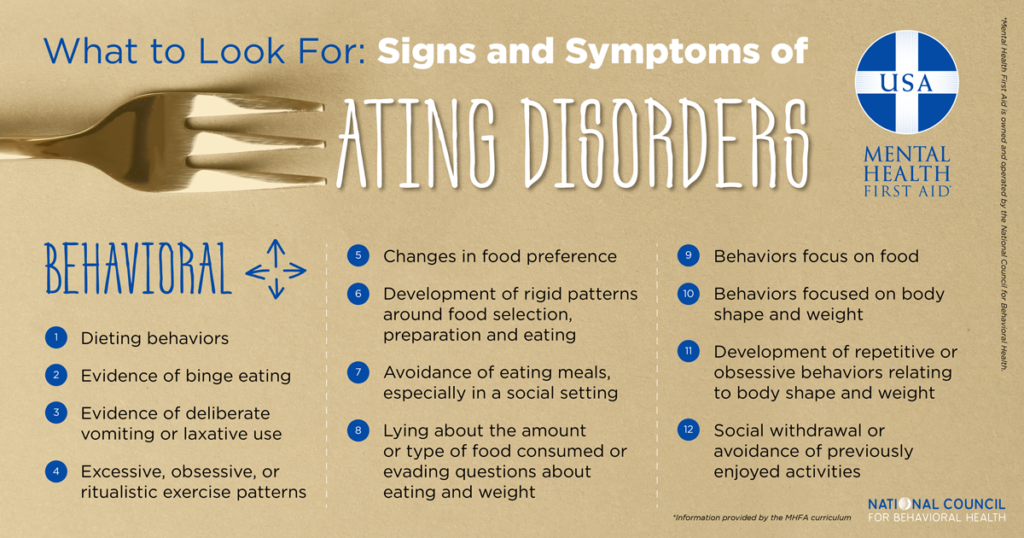Reference




OpenAI's Answer
Supporting a friend with anorexia and depression can be incredibly challenging, but your care and understanding can make a significant difference. Here are some ways you can help:
-
Educate Yourself: Understanding anorexia and depression is crucial. Read about these conditions from reputable sources like HelpGuide, NHS, and Mind.
-
Listen and Validate: Be there to listen without judgment. Validate their feelings and let them know you are there for them.
-
Encourage Professional Help: Gently suggest seeking professional help. Therapists or counselors specializing in eating disorders can be very effective.
-
Be Patient and Supportive: Recovery takes time. Offer consistent support, and be patient with their progress, knowing that setbacks might occur.
-
Avoid Triggers: Avoid discussing weight, diet, or body image unless they bring it up. Focus on their strengths and non-appearance-based attributes.
-
Take Care of Yourself: Supporting someone with these challenges can be draining. Ensure you also have support and take care of your mental health.
Additionally, here are a couple of infographics that might provide further insights:


Feel free to explore these resources for more detailed guidance on supporting a friend through this difficult time.
Follow Up
Reference




Moonshot's Answer
Helping a friend with anorexia and depression involves understanding, patience, and support. Here are some steps you can take:
-
Educate Yourself: Learn about anorexia and depression to better understand what your friend is going through. Resources like HelpGuide.org and NHS offer valuable insights.
-
Offer Emotional Support: Be there for your friend, listen without judgment, and validate their feelings. As stated in Psych Central, it's crucial to approach them with empathy.
-
Encourage Professional Help: Gently suggest seeking help from a mental health professional. You can find guidance on how to do this from WebMD.
-
Be Patient: Recovery is a slow process. As Quora mentions, it's important to be patient and consistent in your support.
-
Take Care of Yourself: Supporting someone with anorexia and depression can be emotionally draining. Ensure you also seek support for your own well-being, as highlighted in YoungMinds.
-
Avoid Blame and Pressure: As advised by Butterfly Foundation, avoid making your friend feel guilty or ashamed.
-
Stay Informed and Connected: Keep up-to-date with your friend's treatment plan and maintain open communication. HealthLink BC provides further advice on this.
Remember, every person's journey with anorexia and depression is unique, and what works for one may not work for another. The key is to be there for your friend with kindness, understanding, and persistence. For visual aids and more detailed information, you can refer to infographics like this one on eating disorders.
Follow Up
Related
What side effects are associated with anti-inflammatory drugs according to the 1992 study?
What health issues led to Helen Morningstar's death in 1951?
When was Karen Carpenter's solo album containing the song finally released?
What documentaries provide insights into the Carpenters' musical journey?